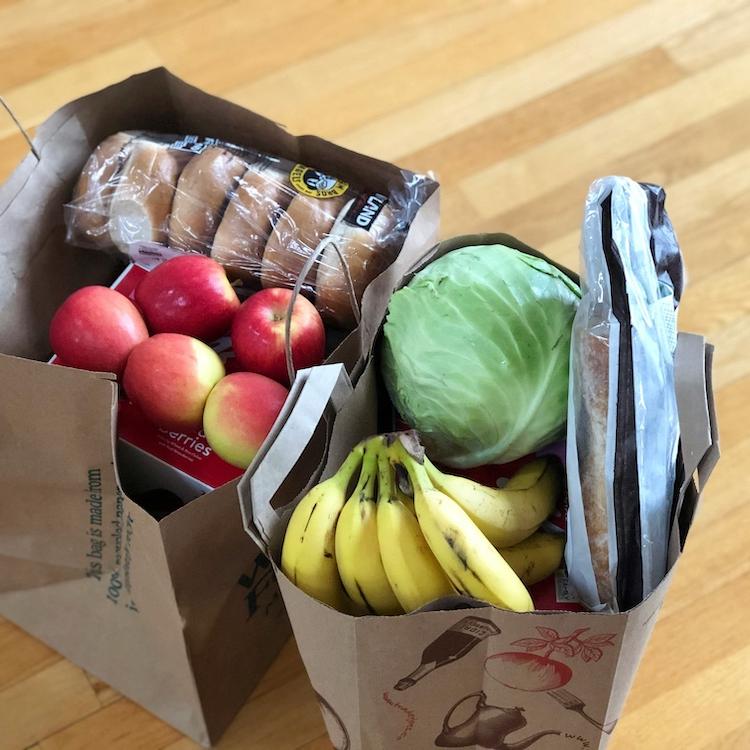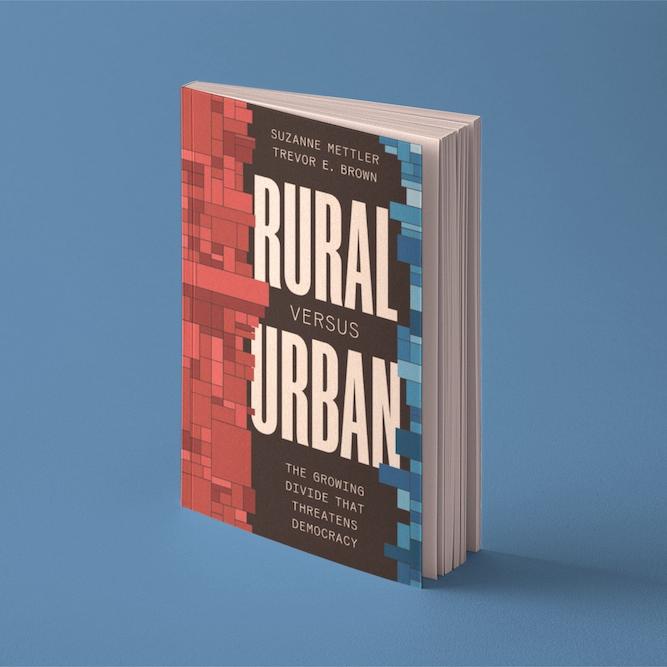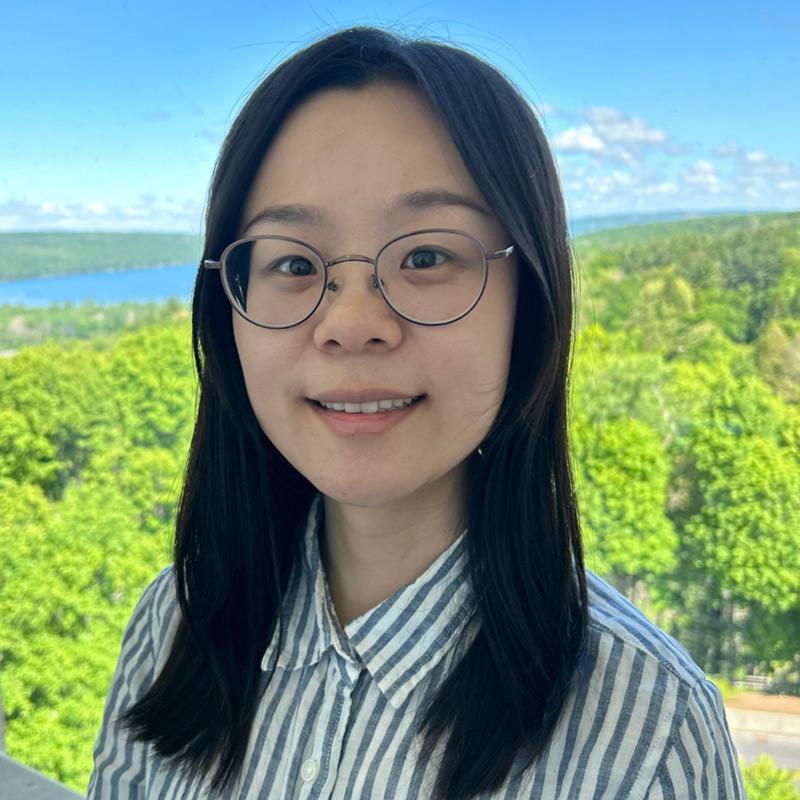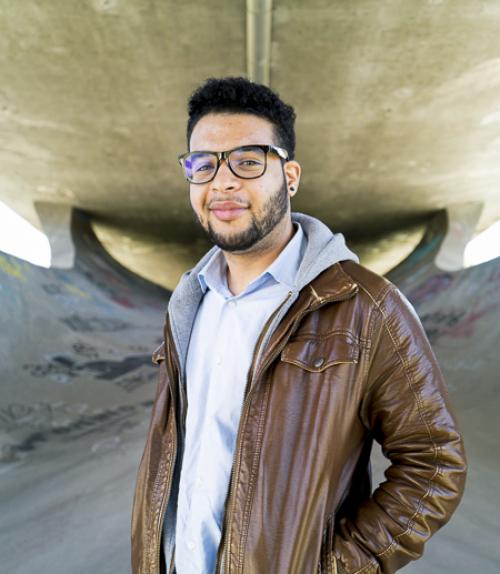Isaiah Murray
Information Science & Urban and Regional Studies
San Antonio, TX
What is your main extracurricular activity and why is it important to you?
Since my first semester at Cornell University, I have been a part of Sabor Latino Dance Ensemble and I am happy to say it is still a part of my life even as I prepare to graduate. With the team, I have improved my dance skills, made lifelong friends, and performed all around campus. Every year during the fall semester we create choreography, teach it, then practice it in preparation for our annual concert at Bailey Hall. After the concert, we realize how much of a great team we are… more so a family.
What have you accomplished as a Cornell student that you are most proud of, either inside the classroom or otherwise?
Cornell gave me liberty and because of that, I have been able to live a life that is closer to who I am. Getting into Cornell is my biggest accomplishment to date. Growing up in a low-income, single-parent home, I did not have much money nor the time to explore my interests as I wanted to. At Cornell, I am happy to say that I have come out to family and peers as queer, lived in Rome for a semester, started to care for my mental health, lived in New York and Chicago for a summer, and have received an immense amount of support for my academic pursuits from faculty and staff.
How have your beliefs or perspectives changed since you first arrived at Cornell? What have you discovered about yourself?
I have always wished that everyone in this world could be friends and work together; this is an ideal. Coming to Cornell, I had the expectation that I would be able to witness that firsthand, and I did, but it did not happen organically nor overtly. My second year at Cornell I reflected on my time thus far: I had friends, many of whom were people of color and/or low-income like myself, and I realized that I did not fulfill my own ideal—I was puzzled. With time, I learned how unconscious bias along the lines of race, gender, ability status, citizenship, socioeconomic status, etc., can sabotage people from interacting with people they perceive to be different from themselves. Now, as a graduating senior, I still hold that ideal, but I have a less naïve and more nuanced perspective of how to make it a reality.
Who or what influenced your Cornell education the most? How or why?
Professor Naminata Diabate empowered my words. She read my essay in my freshman writing seminar and encouraged me to submit it to the Cornell Daily Sun. I had written a piece on being mixed ethnicity (African-American and Mexican-American) and was unsure anyone on campus would care to read it. I submitted it regardless and to my surprise many people read it and liked it. Since then, I have approached writing as an act of declaration—the stating of a truth, even if that truth only belongs to me.
How has your Cornell education and experience prepared you to deal with the challenges and uncertainty of the coronavirus pandemic?
Cornell has helped me be more certain about how much uncertainty there is.






